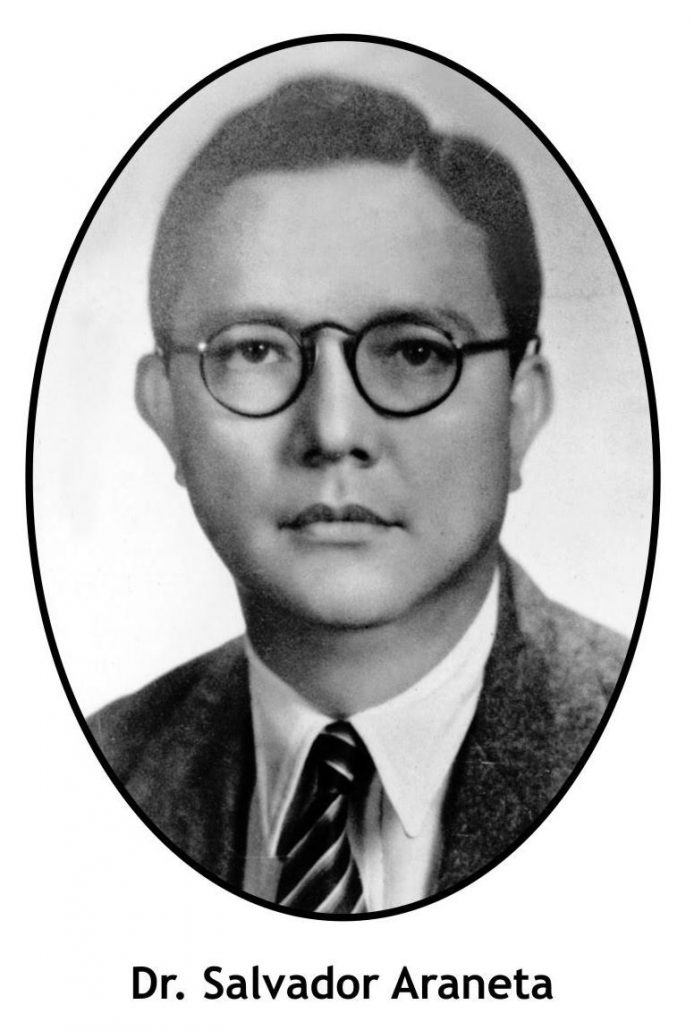 CHAPTER VIII
CHAPTER VIII
PARTICIPATORY DEMOCRACY
Article 66. Acts of Parliament shall promote participatory democracy with such measures as the following:
- Greater participation by private persons in nation building through nonprofit and tax-exempt foundations.
- The grant of power to important socio-economic, professional, media, educational, civic, trade, and nationalistic sectors, the living forces of the country for involvement as intermediate bodies in local governments.
- Participation as technocrats and representatives of the most active living forces of the country in such Government institutions as: (1) Citizen’s Advisory Committee attached to the different ministries, the active operating authorities, and the moderating commissions; (2) membership in the Tribune of the People, the Parliament of Citizens Assemblies.
Article 67. Representatives of living forces of the country in the institutions above mentioned shall remain as private citizens and shall not receive any emolument from the Government, but from their respective organizations which shall also bear the expenses of their secretariats. The Government shall provide the necessary office.
Article 68. Participatory democracy shall also be encouraged by reducing the term of office of career civil servants, including members of judiciary, diplomatic service, and the police force so that promotions in the service may be faster, with corresponding increases in salaries, and provision of generous retirement pay to the public servants, which can be used as their “seed” money for investment in income-producing assets in the second stage of their lives as private citizens.
Article 69. The State and the other levels of government are encouraged to provide similar patterns of participatory democracy in their respective State Constitutions.
EXPLANATORY NOTES
Democratization of power is achieved through participation by all in the political life of the nation. It should entail purity in the election of public officers. Elections with the proverbial “gold, guns, and goons” of the Philippine politics of recent years will no longer pay. An equal and speedy justice for all, whether rich or poor, powerful or weak, has to be established. All these will spring from a change of institutions and policies, which will bring about a new set of human, social and political values and behaviors.
For democracy to be participatory, new rules should be established making public offices more accessible to more citizens than what is presently possible. To this we have proposed:
- The six-years term (Articles 75 and 76)
- Reducing the term of office for civil servants (Article 68)
Article 70. Political parties shall limit their participation to Federal and State issues, and shall not be involved in the lower levels of Government. Citizen groups not connected with any of the political parties may be organized to help the people in the choice of good candidates for the local government: Specific intermediate bodies or civic organizations should be concerned with the problems of one province only and those of the subordinate local governments of that particular province.
EXPLANATORY NOTES
The activities of political parties are limited to helping in the selection of good leaders in the Federal and State Assemblies. They cannot be involved in the selection of officials for the local governments. This shall be the function of civic organizations, including intermediate bodies, that may be organized to help in the elections from the barrio level to the provincial level.
It will not be unconstitutional to have a unified intermediate body concerned with the problems of one province together with the municipal and barrio governments under it.
The rationale for this provision is that if involvement in problems of local governments is limited by one intermediate body to one province, the same will not grow into a political party.
Article 71. There shall be Parliaments of Citizens in the Federal Government, and in each State, a Citizens’ Assembly. They shall function as parallel bodies of the Parliament or of the State Assembly. They shall have the same number of members as the public body, and shall be organized with identical Commissions. They shall not deliberate as an entire group on the bills that may be presented by any of its members.
The Citizen’s body shall act only in Commissions, and the Commissions shall not have study committees. Approval of a bill by a Commission of the citizen’s group presented by any of its members shall be taken up by the corresponding Commission of the official body.
(To be continued/PN)





